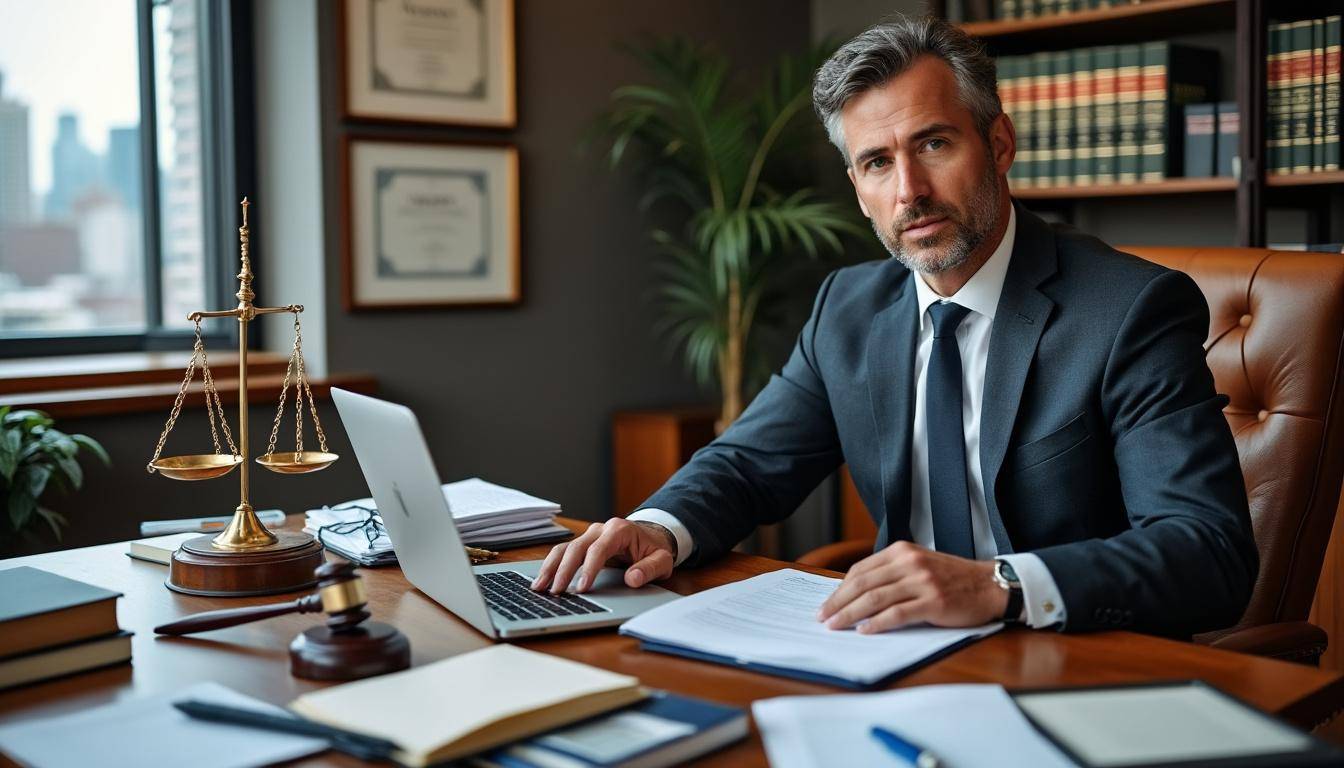Car accidents without physical injuries might seem straightforward, but they often involve complex legal and financial challenges that require special attention. Whether it’s dealing with insurance disputes, property damage, or emotional distress, understanding the role of a car accident lawyer in no-injury cases is vital. This article explores why legal representation remains crucial even when no visible wounds are present, highlighting how expert lawyers from firms like Morgan & Morgan or The Vow Law Firm can protect your rights and ensure fair compensation.
Why Hiring a Car Accident Lawyer Matters Even for No-Injury Cases
Many assume that if they walk away from a crash without injuries, legal help is unnecessary. However, the reality is different. Property damage, loss of income, or psychological impact can result in significant financial burdens. Lawyers specializing in car accident cases understand these nuances and help clients navigate through insurance claims effectively.
- Protect against disputed fault – When liability is contested by the other party or insurer, an experienced lawyer can clarify responsibilities.
- Ensure fair insurance settlements – Insurers might undervalue claims or deny coverage; legal advocacy helps level the playing field.
- Address non-physical damages – Compensation for emotional distress or loss of use of your vehicle can be pursued.
- Support with document preparation and evidence gathering – Crucial for substantiating claims and expediting resolutions.
Insights from Globe Law and Bend Law Group emphasize that timely consultation often determines the scope of possible compensation and claim strength. For more detailed legal procedures, visit this guide on car accident lawyers.
Common Financial and Legal Claims in No-Injury Car Accidents
Even absence of injury doesn’t exclude victims from compensation. Here’s what a no-injury accident claim might cover:
- Vehicle repair or replacement costs – Repairs or replacement due to collision damage.
- Towing and storage fees – Expenses incurred for moving and storing incapacitated vehicles.
- Rental car expenses – Coverage of temporary transportation costs.
- Loss of use – Compensation if your vehicle is unusable for a period.
- Damage to personal belongings inside the car – Such as electronics or other valuables.
- Lost wages – If inability to use your vehicle affects your employment.
Legal experts from the Law Offices of David P. Horan and Dolan Law Firm recommend keeping comprehensive records and obtaining repair estimates immediately after the accident. More tips on claim preparation are available at InfiniteLawyer.com’s steps to take after a car accident.
How Lawyers Like TorkLaw and Harris Personal Injury Lawyers Handle No-Injury Car Accident Cases
Attorneys at these firms specialize in no-injury claims by focusing on:
- Negotiating with insurance companies to achieve fair settlements.
- Investigating liability and gathering evidence such as police reports, witness statements, and photographic documentation.
- Advising on legal rights and possible claims that extend beyond physical injury.
- Advocating for compensation related to damages others may overlook, including psychological impacts.
Legal representation ensures you don’t accept inadequate offers from insurers and protects against unfair claim rejections. For specifics on how to choose the right attorney, explore this resource offering practical lawyer selection tips.
Potential Challenges in No-Injury Cases Requiring Legal Support
No-injury claims carry unique challenges that experienced lawyers deftly manage:
- Underinsured or uninsured motorists complicate recovery efforts.
- Liability disputes where blaming shifts unfairly to the client.
- Insurance companies undervaluing property damage.
- Documentation confusion involving what evidence is necessary to support claims.
- Emotional or stress-related claims arising from the accident.
Legal teams like Friedman & Simon and Pacific Attorney Group are experienced in overcoming these hurdles to serve clients effectively.
Strengthening Your No-Injury Car Accident Claim: Practical Steps
Proactive documentation and timely legal advice are essential. Follow these steps to back your claim:
- File a police report even if no injuries occurred; it strengthens your case.
- Document the accident scene with photos and notes of all damages.
- Exchange contact and insurance information with the other party and witnesses.
- Secure repair estimates and keep all related receipts.
- Record any income loss or additional expenses tied to the accident.
These elements support your claim’s validity and improve the likelihood of a favorable outcome. A consultation with experts like those at Morgan & Morgan can clarify what specific evidence applies to your case. More detailed procedures can be found at InfiniteLawyer.com’s car accident lawyer page.
What Happens if Symptoms Emerge After the Accident?
Sometimes, injuries like whiplash or headaches show up hours or days post-accident. In those cases:
- Seek medical evaluation promptly to document symptoms officially.
- Notify your insurer and legal counsel to update your claim accordingly.
- Don’t delay treatment as evidence of injury aids future compensation.
The Law Offices of David P. Horan emphasize how important it is not to underestimate late-onset symptoms, as they can change the nature of a claim significantly.
FAQ About No-Injury Car Accident Legal Support
- Can I claim compensation if I was partially at fault? Yes, lawyers from Bend Law Group suggest that partially at-fault drivers might recover damages proportionate to liability.
- Are lawyer fees high for no-injury cases? Many firms work on a contingency basis, meaning no upfront fees unless you recover compensation.
- What if the other driver’s insurer denies responsibility? A skilled attorney can dispute denials using evidence to prove fault.
- Is emotional distress compensable? Depending on jurisdiction, compensation for stress is possible with legal support.
- Will my case likely go to court? Most no-injury claims settle outside court, with litigation as a last resort.

